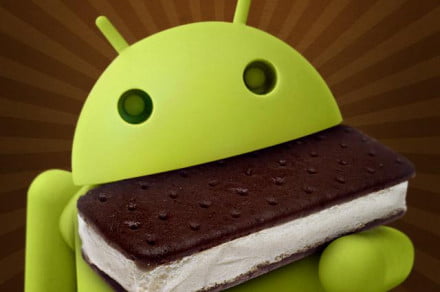Anyone with an old phone that is still running Android 4.0 may want to look into upgrading their device, as Google has announced that it will be ending support for this older version of Android.
Google announced on its Android Developers Blog that they will be deprecating support for Android 4.0, also known as Ice Cream Sandwich (ICS). The Google Play Store will no longer be updating apps beyond the Android Package Kit (APK) version 14.7.99. This change was announced primarily due to the age of ICS and its limited use now, with Google explaining: “The Android Ice Cream Sandwich (ICS) platform is seven years old and the active device count has been below 1% for some time.“
This means that any Android 4.0 device will continue to work, as will the apps currently installed on it, but updates for apps are likely to require at least Android 4.1, also known as Jelly Bean. Developers will either have to maintain two versions of their app, one for Ice Cream Sandwich users and one for Jelly Bean and above users, or they will have to accept that their apps will no longer be supported on ICS. In practice, most developers who haven’t already dropped support for older Android devices won’t want to deal with two different versions of their Android apps and will likely end support for ICS and below.
Ice Cream Sandwich debuted in 2011 and most Android users have long since upgraded to a later version of the software. The latest version of the software that is generally available is Android 9.0, also known as Pie, which was released in August 2018. Somewhat confusingly, Android codenames do not always refer to new version numbers, so there have been seven code names between ICS and Pie even though there have only been five version numbers between them.
This change may only affect the 0.3 percent of Android users who are running ICS, but with nearly 2 billion Android devices out there this could mean up to 6 million devices will be affected. It’s likely that many of these devices are no longer in regular use though, and most are probably gathering dust in a drawer somewhere.
Editors’ Recommendations
- How to install Flash on an Android phone or tablet
- What is Android? All your questions about the operating system answered
- From Android 1.0 to Android 9.0, here’s how Google’s OS evolved over a decade
- Android 8.0 Oreo operating system is now on 19 percent of active devices
- When is your phone getting Android 9.0 Pie? We asked every major manufacturer

